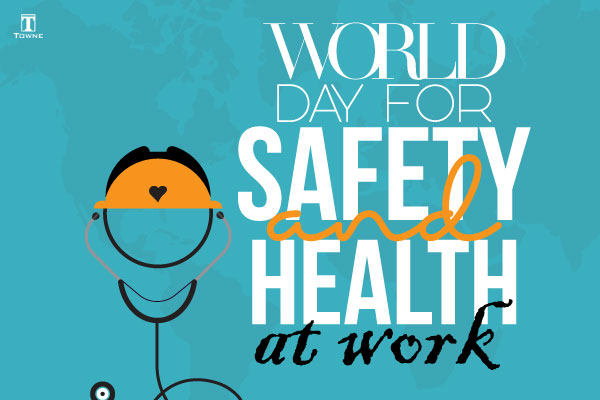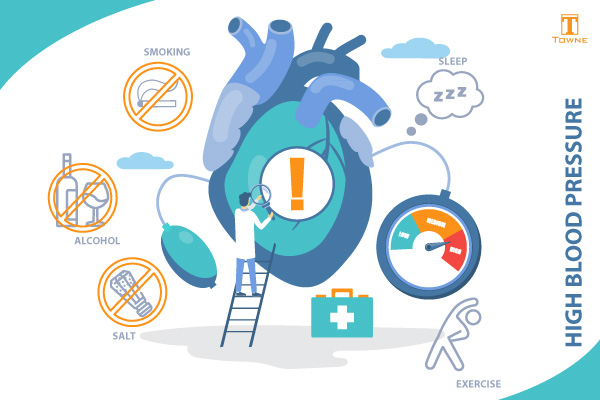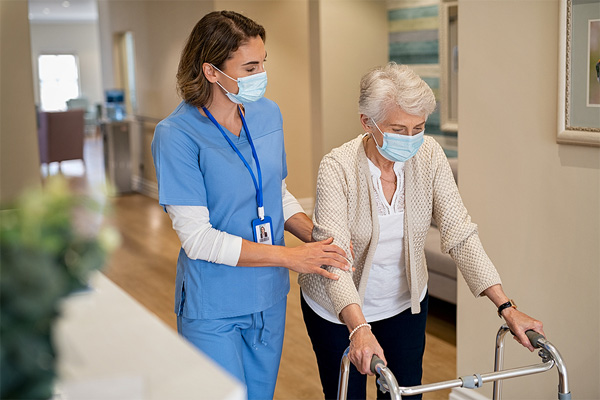Nurse’s aides are in a unique position to help both medical professionals and patients. Certification is the first qualification for being a CNA but additional qualities can make you a truly superior nurse’s aide.
Patience and compassion
Terminally ill or disabled patients are not always easy to care for. Bathing and feeding them can take a long time and they may be grumpy while you do it. These procedures need to be done carefully to avoid causing harm to the patients. If you work with the same patients long-term you will develop a relationship with them and the pleasanter it is the easier it will be to help them. Even a short-term relationship is smoother if you approach it with a smile and compassion for the patient’s suffering.
Communication skills
It’s important to speak gently to patients and explain why they need to cooperate with doctor’s and nurse’s orders. Patients are not always in the best of moods and it can be up to you to convince them to take their medication or stay away from certain foods. Humor is an important tool when dealing with patients. A joke or sly comment can make the patient forget his discomfort for a moment and let you do what needs to be done.
A CNA is also an advocate for the patient with the medical staff. You need to communicate the patient’s wishes to doctors and nurses and help them get what they need when it’s medically appropriate. The patients are not always able to communicate what they want, so it’s important to read between the lines and understand what they are really saying.
Attention to detail
Caring for patients is often all about the small details. Medications must be administered exactly according to specifications and diet must be followed exactly. Patients who aren’t washed or dried properly may break out in a rash or contract an infection. You also need to pay attention to any change in your patient’s condition so you can let the doctors know what’s going on.
Strength
CNAs actually need both physical and emotional strength. When patients aren’t mobile you will have to do a lot of heavy lifting. You’ll also be standing for long periods of time which can be tiring. On the emotional front, you have to deal with tasks which aren’t always pleasant and the sadness that comes from watching patients die. You will draw on your inner strength to help patients even when it’s difficult and improve their lives as much as possible.
It’s a privilege to be in a profession which is based on caring and contributing to society. Patients, whether terminal or in recovery, are extremely vulnerable, and a compassionate CNA can make all the difference. Leave your worries and stress at home when you come to work so you can focus on helping the patients be comfortable.







